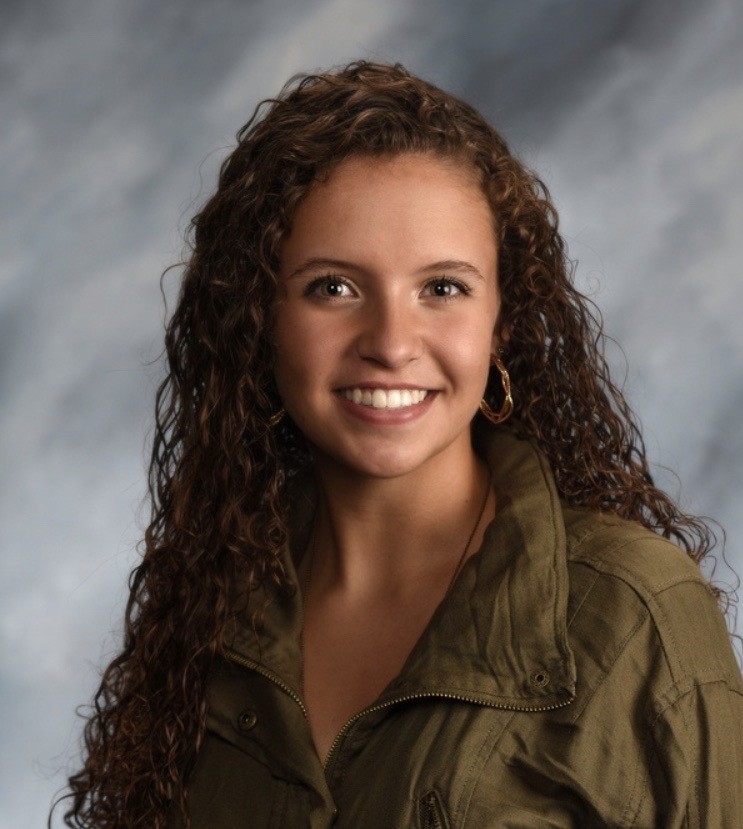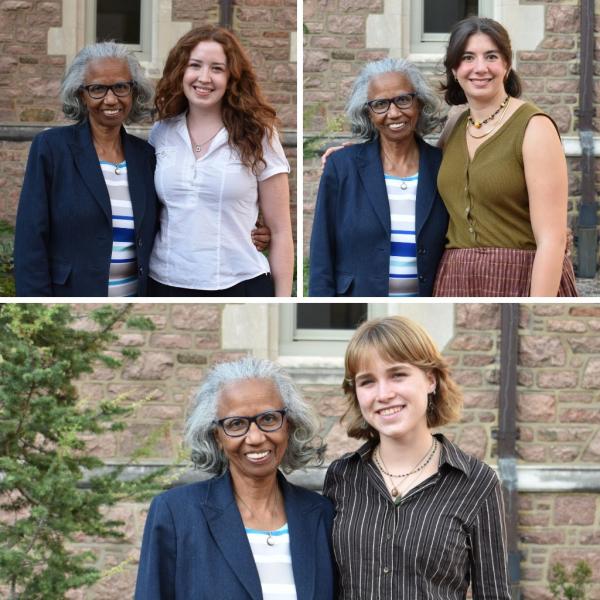No matter what your major or field of interest, undergraduate research is a great way to gain skills, make a difference, and fulfill your curiosity. Three seniors in Arts & Sciences share their projects in the humanities and social sciences.
For many undergraduates, research may seem like an elusive, prestigious extracurricular activity that is only fit for students who are majoring in STEM fields or are on a pre-medical track. In reality, however, undergraduate research can be a formative experience for any student, no matter their major or field of interest.
Washington University has a long tradition of promoting undergraduate research among all of its undergraduate students. At the encouragement of the late Dean James McLeod, the university established the Office of Undergraduate Research in 2005, one of the first offices of its kind in the nation.
In her role as director of undergraduate research, Joy Kiefer encourages students to see research as an opportunity to bring their curriculum alive, regardless of their field of study. “All of our faculty, in all of our disciplines, engage in research,” she said. “Getting involved in research as an undergraduate allows you not only to work alongside faculty, but also to solve complex issues and to contribute to the body of knowledge in your discipline.”

Irene Hamlin, a senior majoring in biology, became involved in undergraduate research after taking the course "Art of Medicine" and being inspired to dive deeper into the humanistic study of medicine. Hamlin’s research, an independent study project, explores the history of anatomical dissection in Italy and its long relationship with the Catholic Church, just one topic among what she saw as “limitless” opportunities for research in the humanities.
As a pre-medical student, Hamlin believes that a humanities-focused project will ultimately support her future aspirations. “I wanted to make sure that I graduated from WashU receiving a truly holistic education and didn’t study solely biomedical sciences,” she said. “I believe studying humanities and social sciences will make me a better, more well-rounded future physician because I see the value in a multidisciplinary approach to medicine.”
Engaging in undergraduate research also has the potential to help students develop direct skills that can later be applied in both academic and professional settings. Hannah Langsam, a senior majoring in history, served as a research assistant for Andrea Nichols, lecturer in the Department of Women, Gender, and Sexuality Studies. In this role, Langsam gathered data about the resources available to survivors of sex trafficking across Missouri, which was then used to develop a resource manual for such survivors. This opportunity gave Langsam the invaluable opportunity to gain a “close-up look at the kinds of processes and programs” typical to the fields she’s hoping to enter. After learning about how geographic information system (GIS) software can be practically applied for research, Langsam decided to enroll in a GIS class this fall.

Research can be an unparalleled opportunity to make a tangible impact in local, national, or global communities. Mackenzie Hines-Wilson, a senior majoring in philosophy-neuroscience-psychology, is an undergraduate research assistant for Chelsey Charter, a graduate student in sociocultural anthropology and public health whose research focuses on the patient and care experiences among Black people with neuromuscular diseases, particularly ALS. In this role, Hines-Wilson conducts content analyses of literature focused on ALS and codes the transcripts of recorded interviews with patients living with ALS.
For Hines-Wilson, conducting research has allowed her to not only develop direct skills, but also to contribute to something bigger. “I appreciate how I've been able to be a small part of a larger goal. The research I assist with has had some sort of focus on closing societal gaps that perpetuate inequities for people with marginalized identities, which is incredibly important,” she said.
Langsam echoed this sentiment. “It was very cool being a part of a real project with a real product,” she said. “The research that I did for this project had a real, tangible output that has hopefully helped and will continue to help a vulnerable population.”
With so many opportunities to engage in research as an undergraduate interested in the humanities and social sciences, it can be difficult to know where to begin. Hines-Wilson encourages other undergraduate students who are interested in conducting research to take their time finding a position. “Try to determine where your interests and passions lie before inquiring about a position. That will help narrow down potential researchers and it will be more likely that you will find a position you really enjoy being a part of,” she said.
Once students have an interest or topic in mind, finding an opportunity can be as simple as reaching out to graduate students, lecturers, or professors whose research piques their interest. Even though she is engaging in independent study, Hamlin found great support from faculty who were eager to help. “Each professor and faculty member empowered me and did whatever they could to make this an enjoyable and valuable educational experience,” she said. If students don’t have a topic of interest in mind quite yet or would like assistance finding a mentor or project, Kiefer encourages them to reach out to the Office of Undergraduate Research for resources and guidance at any stage in their search.
While navigating the search for research opportunities might seem stressful, there is no “right way” to engage in undergraduate research. Instead, research opportunities can take on endless forms and often arise when or where students least expect it. In the end, Kiefer believes that the key to opening doors to undergraduate research is to stay “open about the many different ways that students can make a contribution with their excitement about learning something new.” Simply put, curiosity will lead the way.


